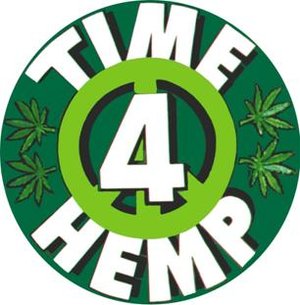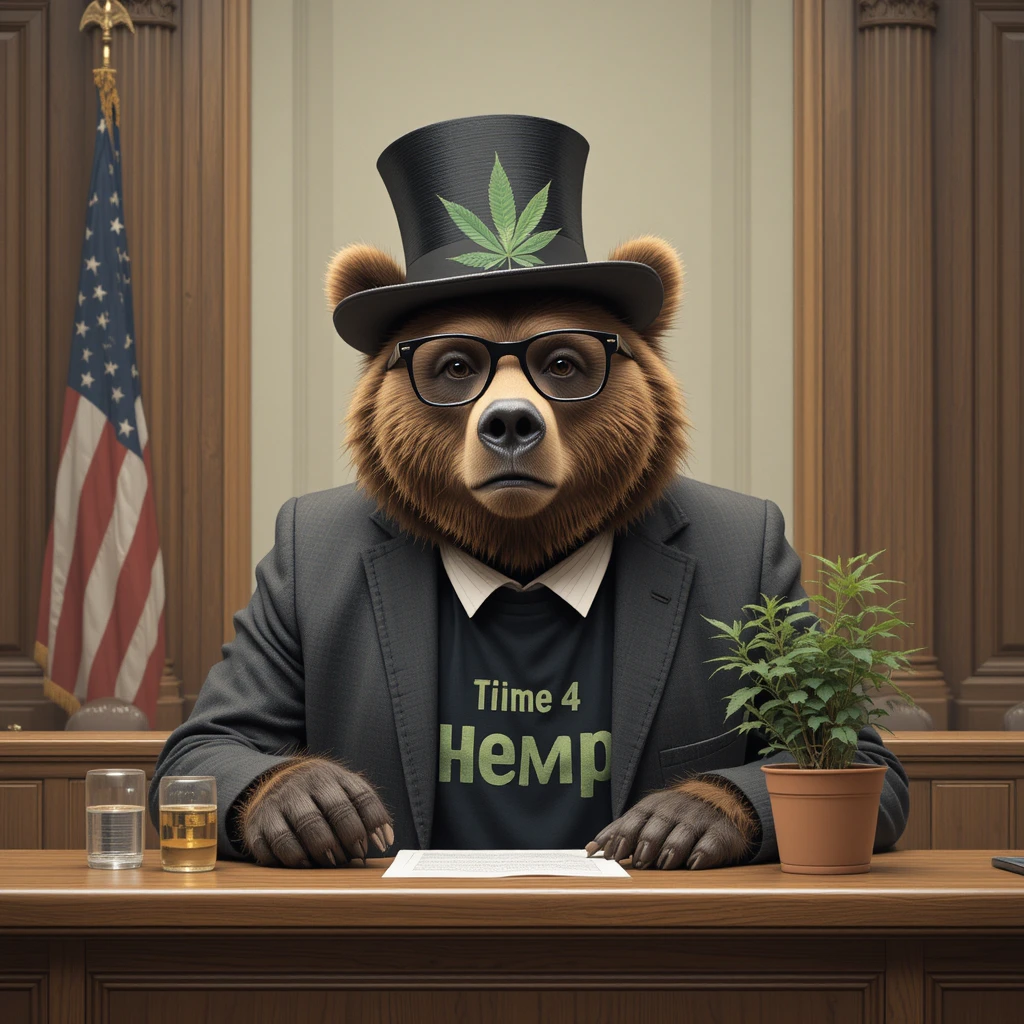The 2025 Farm Bill
Shayda Torabi, CEO of RESTART and President of the Texas Hemp Coalition, breaks down everything you need to know about the upcoming 2025 Farm Bill and its impact on the hemp and CBD industry. From proposed changes to hemp regulations to what this could mean for consumers and businesses, this video is for anyone invested in the future of hemp-derived products.
How It Could Reshape The American Hemp Industry
Written by Casper Leitch
For decades, hemp activists, entrepreneurs, and farmers have pushed for the recognition of hemp as a powerful, sustainable crop with the potential to transform industries, economies, and communities. Since the passage of the 2018 Farm Bill, hemp has enjoyed federal legalization, at least in theory. In practice, however, the line between industrial hemp and intoxicating hemp products has blurred, creating confusion in the marketplace, regulatory patchwork at the state level, and fierce debate in Washington.
Now, with the 2025 Farm Bill in play, the stakes couldn’t be higher. This year’s legislative battle could determine whether hemp continues to be misunderstood and restricted, or whether it’s finally given the clear legal identity it needs to thrive.
A Tale Of Two Plants
When Congress passed the 2018 Farm Bill, it defined hemp as any part of the cannabis plant containing less than 0.3% delta-9 THC by dry weight. The intention was clear: differentiate hemp from marijuana under the Controlled Substances Act and allow farmers to cultivate it for industrial purposes (fiber, grain, and non-intoxicating cannabinoids).
But the ink had barely dried before chemists and innovators discovered ways to extract and synthesize other cannabinoids (such as delta-8 and delta-10 THC) which produce intoxicating effects similar to marijuana. Because these compounds were not specifically addressed in the bill, they slipped through a legal loophole, flooding the market with psychoactive hemp products that were technically legal at the federal level.
The 2025 Farm Bill’s Central Question
What was meant to be an agricultural green-light for sustainable hemp quickly became a gray market for unregulated intoxicants. The upcoming Farm Bill debate centers on one critical question:
Should industrial hemp be treated differently than intoxicating hemp derivatives?
For advocates of true industrial hemp, the answer is a resounding yes. Industrial hemp is not about getting high, it’s about creating high-impact, low-carbon solutions, including:
Hempcrete for carbon-negative building materials;
Bio-plastics that naturally decompose;
Textiles that rival cotton without draining water supplies;
Grain for protein-rich foods and livestock feed.
These are the innovations that could help meet climate goals, clean up global supply chains, and revitalize struggling rural economies. But without a clear federal distinction between industrial and intoxicating hemp, legitimate hemp markets risk being dragged down by unrelated controversies.
The Federal Push For Clarity
In June 2025, the U.S. House Appropriations Committee advanced a spending bill with provisions aimed squarely at closing the intoxicating hemp loophole. Spearheaded by Rep. Andy Harris, the measure proposes redefining hemp to limit total THC content (including all isomers and THCA to 0.3%), replacing the current delta-9-only standard.
Under the proposed definition, any product with a quantifiable amount of THC or a psychoactive cannabinoid would be illegal, as would synthetic cannabinoids. While the bill carves out exceptions for fiber, grain, and other true industrial uses, even many CBD products could be swept up if they contain detectable THC.
States Take The Lead And The Gloves Off
Whether these changes will pass remains uncertain. Similar language in past Farm Bill proposals has stalled before a full vote. With Congress moving slowly, states have forged their own paths, and the courts have consistently upheld their right to do so.
California banned hemp-derived food, beverages, and dietary products containing any detectable THC or other intoxicating cannabinoids. A legal challenge failed, with the court ruling that states have the authority to ban such products to protect public health.
Virginia capped total THC in hemp products at 0.3%. The 4th U.S. Circuit Court of Appeals upheld the law, rejecting claims that the 2018 Farm Bill preempts state restrictions.
Arkansas criminalized most psychoactive hemp products by placing delta-8, delta-10, and similar compounds on its Controlled Substances list. The 8th Circuit affirmed the law, ruling that states can impose stricter rules as long as they don’t block interstate transport of legal hemp.
Texas nearly banned all consumable hemp products containing THC in 2025, but Governor Greg Abbott vetoed the bill, citing the Arkansas litigation. Ironically, the very next day the 8th Circuit upheld Arkansas’ ban. Abbott has since called for a hemp regulatory framework modeled on alcohol laws.
The Larger Legal Message
Federal courts across the country are making one thing clear: The 2018 Farm Bill is not a shield against state bans on hemp-derived THC products. The law’s anti-preemption clause explicitly allows states to create more restrictive hemp regulations than those set at the federal level.
For the hemp industry, this means navigating a patchwork of local laws, some permitting intoxicating hemp sales, others banning them outright. For consumers, it means that what’s legal in one state could be illegal just across the border.
If the 2025 Farm Bill fails to distinguish between industrial hemp and intoxicating hemp derivatives, the industrial side of the hemp market could suffer collateral damage. Overly broad definitions risk lumping hemp fiber, grain, and even CBD wellness products in with recreational cannabis, an outcome that could stifle innovation, deter investment, and slow the growth of sustainable industries.
At the same time, medical cannabis and marijuana legalization advocates see a related opportunity: the push to regulate intoxicating hemp products could help dismantle outdated cannabis prohibition entirely. If lawmakers acknowledge that cannabinoids (intoxicating or not) can be regulated like alcohol, it strengthens the case for fully legal, regulated marijuana markets.
As Congress debates the 2025 Farm Bill, hemp advocates should focus on clear definitions, fair regulations, and preserving industrial hemp’s economic promise. At stake is more than just the future of delta-8 or CBD, it’s the future of hemp as a cornerstone of sustainable American industry.
With the right policies, hemp can continue to grow into a source of jobs, green technology, healthy food, and renewable materials. But without them, the industry risks being choked by confusion and over-regulation.
The hemp movement began as a fight against prohibition. In 2025, it’s still the same fight, only now the battlefield includes not just cannabis reform, but the survival of industrial hemp itself.
Below is a FREE TO DOWNLOAD song about cannabis by The Illusions Of Music.
Use Hemp To Save Our World
Life After the Farm Bill – Hemp in 2025 and Beyond.


